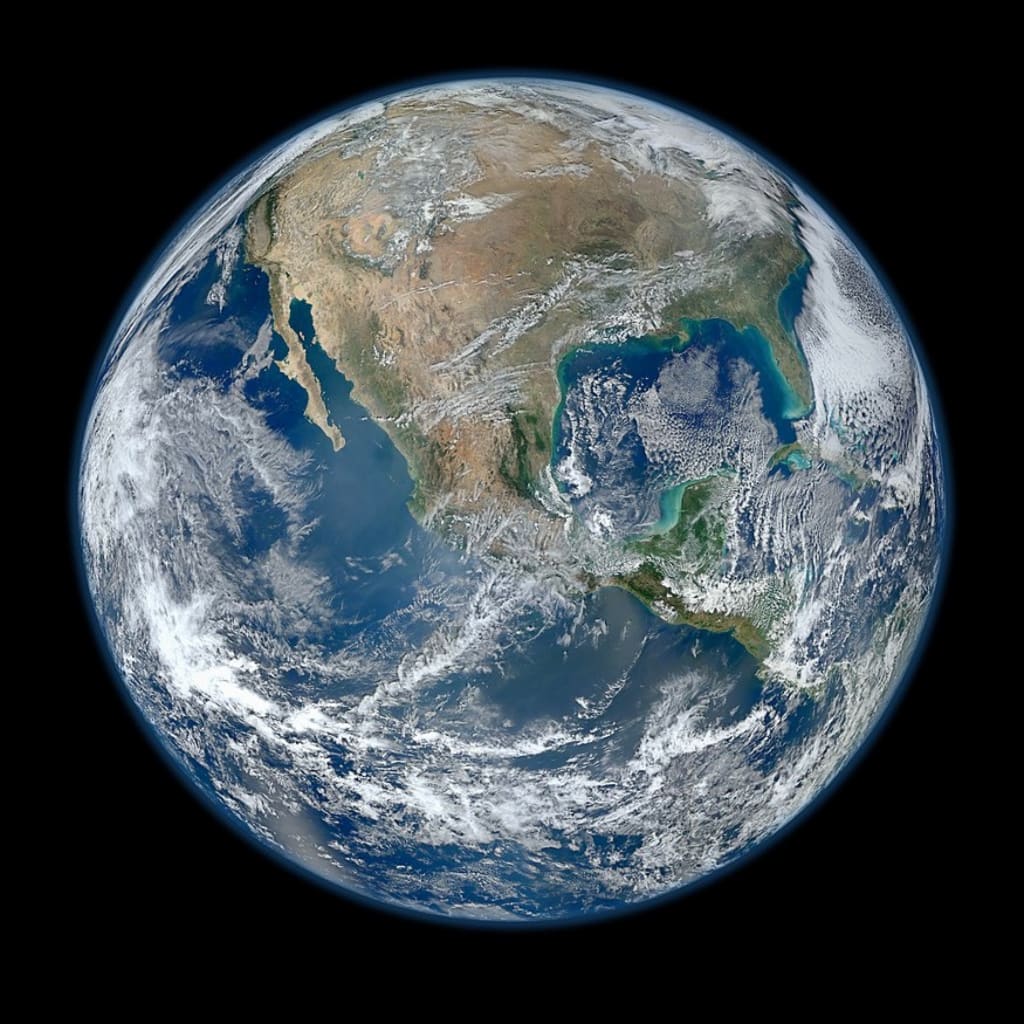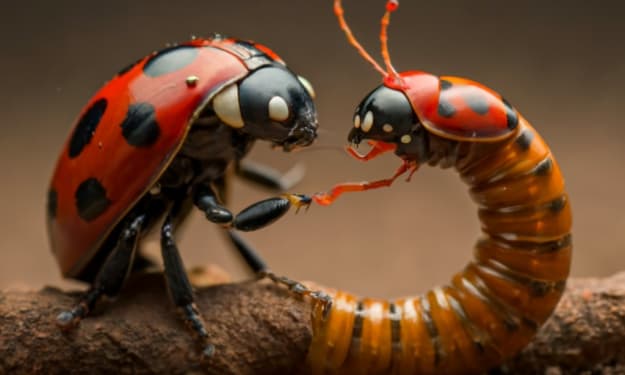Why is a Larger Human Population Better?
There is a limit. Do we really want to reach it?

We live on a planet with abundant resources, but they are not unlimited. There is a point where's the Earth's population will outstrip the available resources to sustain life. Many starving unsheltered Earthlings probably believe we have reached that point already.
Why is controlling the size of our population never considered a viable long-term solution to our environmental problems? If we cut our population in half, it would lessen the strain on our resources by half.
I’d like to know a single reason why a bigger population improves life on our planet?
Why is 7.9 billion preferable to 1 billion inhabitants? Why do we even consider the question of how to feed 12 billion humans? We should be looking at how much more sustainable our planet would be with 4 billion humans? Or 1 billion? As recently as 1960, our total world population was just 3.032 billion. Why not return to that level and reduce the strain on our resources across the board.
The Objections to Population Control
World population control is a taboo subject. Why? It's the most practical long-term solution to our environmental problems. Why is it off the table for discussion?
Selfish Objections to Population Control
Everybody wants to be free to do their own thing. Everyone wants total control over their own lives and how many children they bring into the world. Nobody likes to be told what to do. Everybody frets about climate change, but nobody wants to take personal responsibility or make any sacrifices towards a solution. Yet cutting the world population in half would go a long way to solving many of our problems. Here's a chance for everybody to contribute and buy into a real solution. Here's a solution free of government control or bungling.
Economic Objections to Population Control
Surely capitalists will object to downsizing the population. Capitalism depends on continued growth and expansion. Capitalism demands ever-expanding markets where consumers are always buying more. Will we squander our chances of survival because capitalists can no longer make the profit they desire? Is there not a higher goal, a more important goal than profit? Like survival?
Scientific Objections to Population Control
If the Earth could sustain more people, why would we want to push the population to the breaking point? Right to the edge. People are suffering right now. Continued growth might be acceptable if we adequately fed and housed our current population— but we are not.
Some scientists believe that falling birth rates will lead to humanity's extinction. It's hard to make sense of that argument. In 1960 the world population was less than half of what it is today, a bit over 3 billion. We never seemed to be on the verge of extinction then.
Scientists claim that technology has dramatically improved the lives of all humans, which is true. But none of those technological advancements were dependent on a larger population. Our technological achievements were developed in answer to and despite an ever-growing population. All those scientific advantages will still apply to a smaller population.
We Are Not Adequately Caring for Our Population Right Now
Food
We can't feed our current population. People are hungry now. It will be a hard sell to convince starving people that they must divide their meager rations even further to share them with the Earth's growing population. We have made many advancements in agriculture and food production, but intensive farming techniques are major contributors to climate change.
The only way we feed our large population now is through intensive, petroleum-based, monoculture agriculture. At our current population levels, we are trapped in a situation where implementing sustainable, net-zero carbon-emission agriculture would result in mass starvation.
Yet continuing to pump massive amounts of carbon into the atmosphere is also going to cause enormous suffering. Quite the catch 22. Plenty of experts say the only way to break that cycle is to reduce the human population.
Food insecurity is real. Nearly one in three people did not have access to enough nutritious calories available in 2020. Food insecurity is the polite word that's crept into our vocabulary because it lacks the sting and horror of hunger. Food insecurity is not evenly distributed throughout the world.
We even have hunger in the US, but it is minuscule in proportion to the rest of the world. We Americans are the world's gluttons. Few of us ever miss a meal. We consume far more than our share of food resources. The US is fat and happy just the way things are — just don't attempt to ration our overconsumption to feed those less fortunate, that would be too much to ask.
Housing
We can't house our current population. It is estimated that 150 million people are homeless worldwide. Habitat for Humanity estimated in 2015 that 1.6 billion people worldwide lack inadequate shelter.
Water
We are running out of water. The earth has the same amount of water as it had thousands of years ago. The problem is that water is disappearing from places humans have lived for thousands of years. Without water, our land is uninhabitable. It is also difficult and expensive to move sufficient water to places where people have traditionally lived. Instead, people will migrate from the arid areas to those areas with water. This migration will be met with opposition and eventually cause political unrest.
Right now, areas of the US are facing severe drought conditions. In California and the southwest, vast reservoirs are drying up. Unless water use is drastically reduced, severe water shortage will affect the entire planet by 2040.
Consider the problem from a smaller standpoint. You live on a remote island no one has yet discovered. Sixty years ago, there were only 50 inhabitants. Your community got by on fish, seaweed, coconuts, and rainwater collection. But your population has swollen to 100. Many islanders complain about not getting enough to eat, and water rations are shrinking. There seems to be a limit on the fish because the catch is the same no matter how much you fish. The island people are beginning to talk about the good old days when the population was smaller. This is overly simplistic, but if your resources are fixed, it makes sense to control the size of your population.
Advantages to a Smaller Population
Reduce the strain on all resources across the board
End of the housing shortage
Reduced consumption of everything
Reduced CO2 emissions
Reduced plastic waste
Reduced pressure on our landfills
The current average fertility rate (average number of children per woman) is 2.5. The projected world population by 2050 is 9.7 billion, almost a twenty percent increase over today's population of 7.9 billion.
If we reduced the fertility rate by half a child to 2 instead of 2.5, we would reduce the world population by 1 billion by 2050. Instead, we will do nothing and increase the population to 9.7 billion. If this policy were continued, it would reduce the population by 4 billion by 2100.
Imagine the impact of reducing the population by 1 billion by 2050. Then by 4 billion in the following 50 years. If every individual received one reproductive token at birth, they could decide how to use their token, knowing that whatever their choice, we would meet our target. A man and woman could join in raising a family of two children. A gay couple could engage a surrogate mother to use their tokens. Some may choose to destroy their token. Others would sell or trade them to people who desired a larger family.
The reality is we will do nothing. Corporate interests don’t look beyond next the next quarterly report. They will do nothing that will endanger their profit.
Our government lacks quality leadership. At one time I thought the US was a world leader. The last fifteen years or so have changed my mind. I see no leadership from the US at all.
The irony is population control is in the hands of the citizens of the world. If we collectively decided to save ourselves by shrinking the population there’s not a damn thing our government or the corporate world could do to stop it. It might be our last chance to snatch back a bit of control from our uncaring overlords.
About the Creator
Gary Janosz
Grandfather, educator, businessperson, writing to understand our world and to make it a better place






Comments
There are no comments for this story
Be the first to respond and start the conversation.